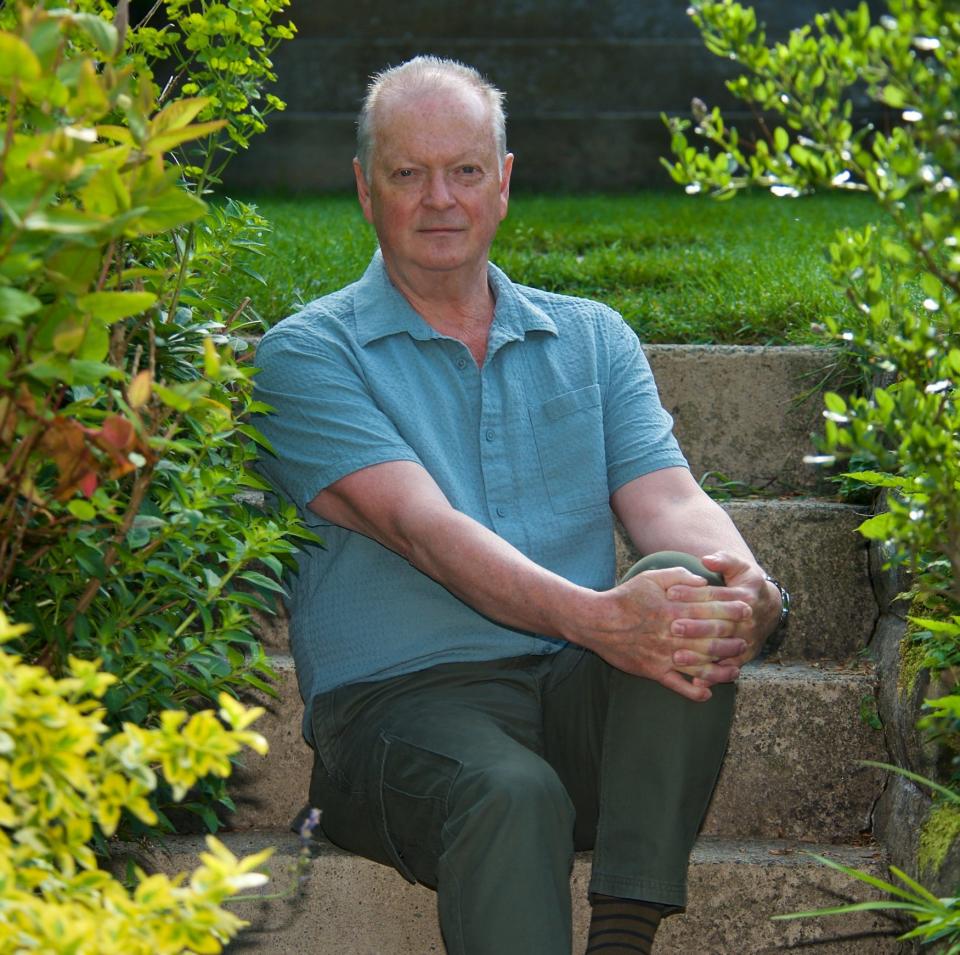Three whistleblowers who had their careers ruined

The Telegraph has interviewed more than 50 doctors, nurses and other NHS employees who have raised patient safety concerns at work and been rebuffed. In most cases, the whistleblowers themselves were put under investigation by their NHS employers. The below examples represent the tip of the iceberg.
Peter Duffy

Peter Duffy raised concerns for years about what he felt were avoidable deaths and harm in the urology department at University Hospitals of Morecambe Bay NHS Foundation Trust.
He accused two of his fellow surgeons of failing to intervene early enough in a number of cases, including that of 76-year-old Peter Read, whose death following a stroke on Jan 2 2015 was contributed to by the delayed removal of an infected kidney stent, leading to urosepsis.
Karen Beamer, Mr Read’s daughter, told The Telegraph that at her father’s inquest the coroner requested an internal investigation at the hospital into two “major missed opportunities” to replace the stent, which “played a significant part and because of this the outcome could have been very different”.
The coroner gave the hospital six weeks to report back, but Mr Duffy said that his fellow consultants disobeyed the order to discuss Mr Read’s death at their regular “mortality and morbidity” meeting.
In July 2015, the doctor raised his concerns with the Care Quality Commission (CQC). The regulator contacted the trust in October that year.
That same month, the additional payments that the hospital had agreed to pay Mr Duffy were not made. At a tribunal, a judge found that this constituted unlawful deductions from pay.
By summer 2016, with the trust owing him £35,000 in unpaid wages, the surgeon felt he had no choice but to resign.
After leaving Morecambe Bay, he was unable to find a new position in the North-West and had to move to the Isle of Man to take a job. This meant he had to leave behind his family to live in a rented flat on the island.
In April 2018, Mr Duffy won a tribunal case against his former employer for unfair dismissal and was awarded £102,000 in compensation. The judge agreed that he had made protected disclosures but felt too much time had elapsed between his contact with the CQC and his pay cut, concluding that the detrimental treatment he suffered was not retaliation for whistleblowing.
Ms Beamer said she only learnt about Mr Duffy’s fight to raise concerns about her father’s death after reading about his employment tribunal claim in a newspaper: “I was in town and I saw the front page of the Lancaster Guardian and I thought, ‘Oh, I know that face, but I don’t know why I know that face’. And when I looked I thought, ‘Oh my goodness, he’s talking about an avoidable death, and I think he is talking about my dad!’”
She told The Telegraph that avoidable harm would continue “until people at the very top at the NHS are held accountable when things go wrong”.
Aaron Cummins, the University Hospitals of Morecambe Bay NHS Foundation Trust chief executive, said there were a number of ways for staff to raise concerns, including via the Freedom to Speak Up Guardians scheme.
“There is still a lot more work we need to do, but we are all committed to fostering an environment where raising concerns is prioritised and respected as an essential part of our core business,” he said.
Rosalind Ranson

Dr Rosalind Ranson lost her job as the Isle of Man’s medical director after she raised concerns about potential medical neglect.
She took her employer – the Department of Health and Social Care (DHSC) – to a tribunal and in May 2023 was awarded almost £3.2 million in compensation. The DHSC spent another £950,000 on legal fees and the cost of the investigation.
The judge said she had raised “startling” examples of potential clinical negligence and incompetence and in return she had been subjected to treatment designed to “break” her.
The tribunal was told that after raising concerns, Dr Ranson was subjected to months of demoralising and vindictive bullying from her boss. This abuse included spreading false allegations that she was “burnt out” and “hungry for power”.
Dr Ranson said: “Imagine you undergo a procedure, you suffer a catastrophic injury [during the procedure] and you subsequently find out that what happened to you was completely foreseeable. Someone had raised concerns but those concerns had been ignored. Not only had the concerns been ignored but the person who raised those concerns, to protect you, had become the target of a campaign of hate resulting in the loss of their job, their livelihood, their health.
“You suffered harm or someone in your family died, not because this was an unfortunate error, an accident, or a disease taking its toll, but because for powerful individuals in that organisation it became more important to remove the person that spoke up, than it did to fix and address the problems. This is the story of many whistleblowers in the NHS.”
The tribunal noted that: “Such problems within Noble’s Hospital [on the Isle of Man] were well-known to this tribunal from a number of previous lawsuits involving various serious allegations including medical neglect, bullying and harassment.”
Dr Ranson said: “Senior managers who abuse their power and boards who wilfully ignore or silence a whistleblower should be subjected to scrutiny, investigated and held to account for the harm they cause.”
The DHSC said: “We have boosted legal protections for whistleblowers and established Freedom to Speak Up Guardians in healthcare across England, including every NHS trust, as well as setting up a confidential Speak Up Direct helpline to help workers feel safe in coming forward.”
Jasna Macanovic

Dr Jasna Macanovic, a Consultant nephrologist, was unfairly dismissed because she reported to medical regulators her colleagues’ experimental use of a procedure she believed could be harmful.
The whistleblower won an employment tribunal case against Portsmouth Hospitals University NHS Trust in November 2022.
In August 2016, Dr Macanovic learnt that her colleagues at Portsmouth had begun using a technique known as buttonholing on dialysis patients, with plastic tube grafts implanted in their arms and legs.
The procedure involves keeping a hole in the patient’s skin open to make dialysis easier. Although used with patients who have fistulas made of their own veins, buttonholing is not normally used with grafts, because it is against the product licence.
The consultant alleged there was a high risk that it could lead to infection and haemorrhage and said she raised concerns as soon as she became aware of the practice: “I said ‘Are you out of your mind? This is completely contraindicated’.”
For Dr Macanovic, the issue was clear: “This procedure was not a novel procedure. This was a procedure that was contraindicated, strictly against the licence of this graft. And strictly against all guidelines in the world.”
She told The Telegraph that it would have been against her “moral principles” to stay quiet when she thought patients were at risk of harm.
After raising her concerns internally, she reached out to the CQC and General Medical Council.
The trust fired Dr Macanovic on March 5 2018. In her termination letter, the trust listed the fact that she had referred a colleague to the regulator as one of the reasons for her dismissal.
Four years later, Dr Macanovic won an employment tribunal case against the trust on the grounds of automatic unfair dismissal.
They ruled: “It is no answer to a claim of whistleblowing to say that feelings ran so high that working relationships broke down completely, and so the whistleblower had to be dismissed.”
She was awarded £219,000 in compensation at an employment tribunal. The NHS’s legal costs came to £460,000.
Penny Emerit, the chief executive of the trust, said: “We have taken action to address the findings of the employment tribunal, including improvements in our internal investigations, disciplinary and dismissal processes.”
She said the board had overhauled its whistleblowing policy with independent oversight of all whistleblowing allegations through the director of governance and risk.

